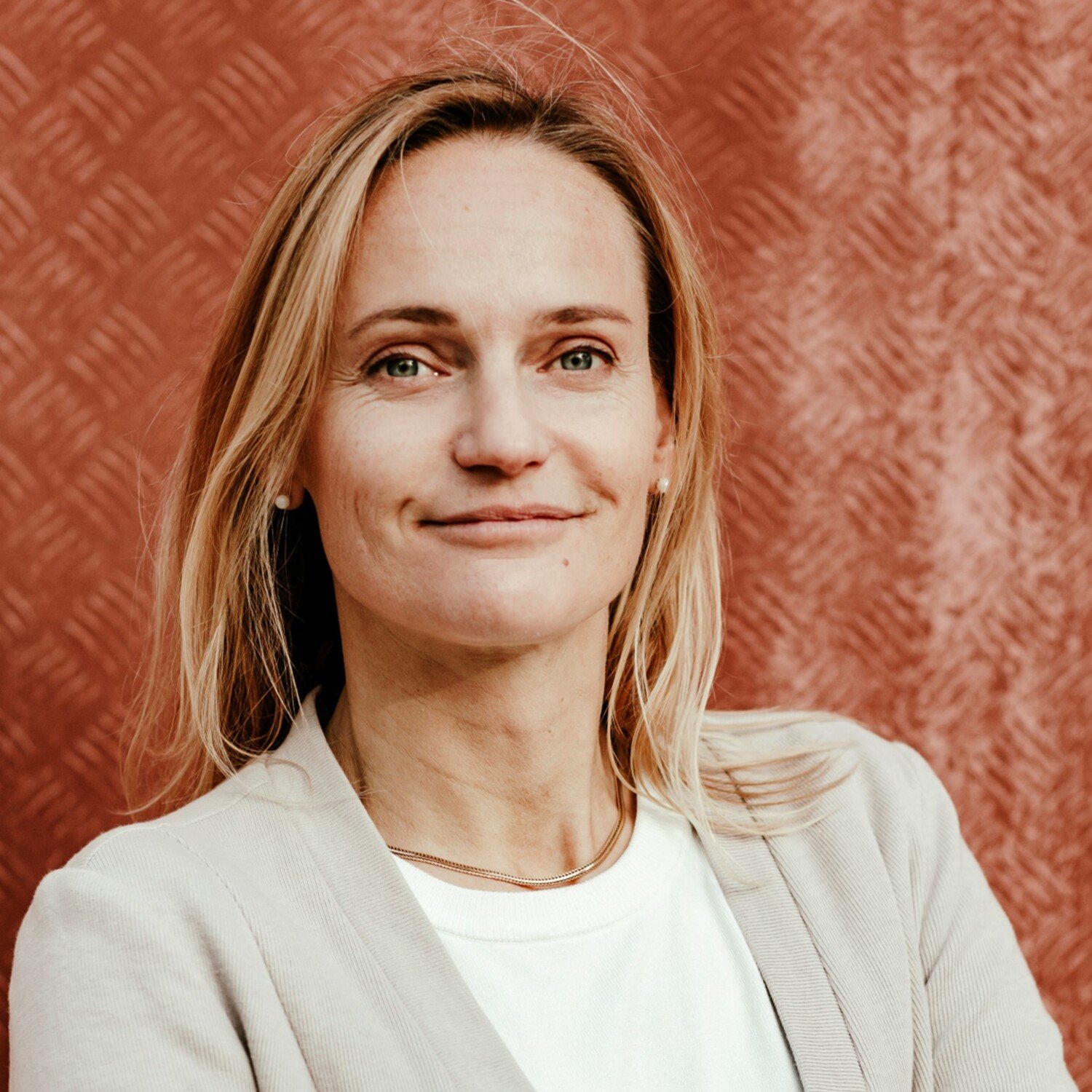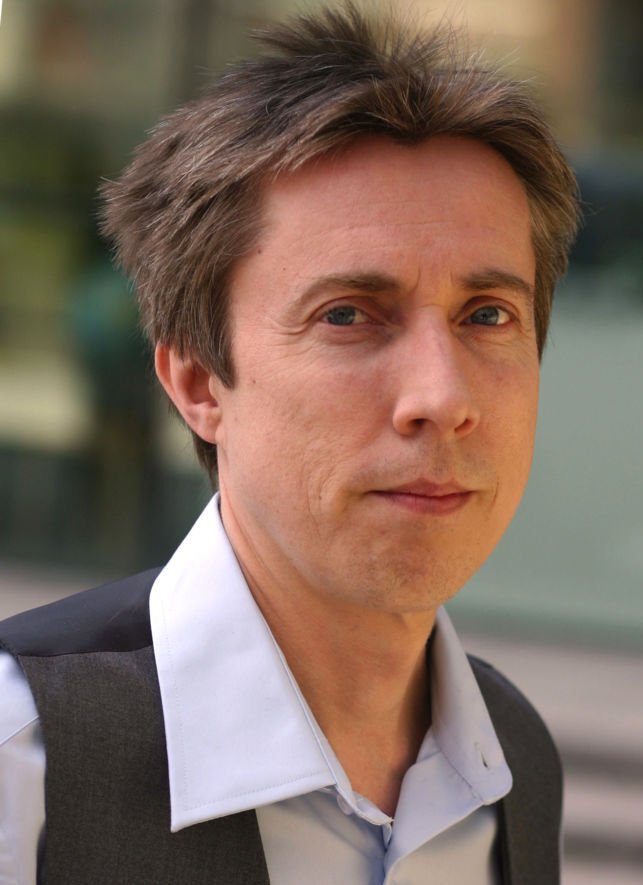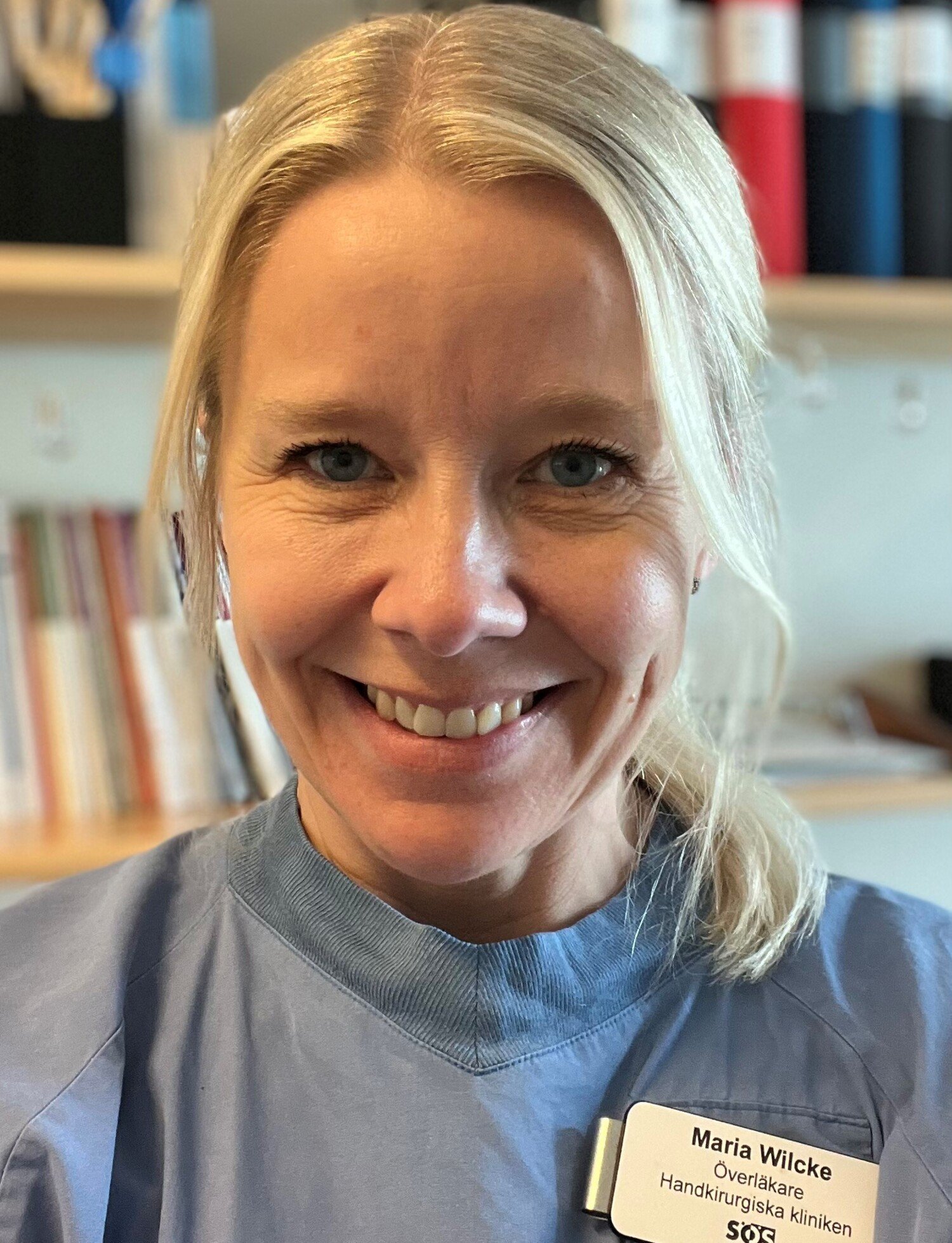The health risks of welding particles and the consequences of sick leave in mental illness are topics for two of the six research projects that have now been granted a total of SEK 18 million by Afa Insurance. Three of the six projects are run by researchers at KI.
Afa Insurance (Afa Försäkring) finances research and development in the field of work environment and health with SEK 150 million a year.
The goal is to contribute to fewer occupational injuries and reduced long-term sick leave for employees in the private sector, municipalities and regions.
In this year's second round of grants, Afa Insurance has granted funding for six new projects in the field of work environment and health. Three of these research projects are run by researchers at Karolinska Institutet.
The three KI-projects
How does lung dose and composition of welding particles affect the incidence of inflammation and later disease in welders?
In Sweden, 250,000 welders and an unknown number of other workers in the same environment are exposed to welding fumes in the workplace. Inhaling the smoke carries an increased risk of heart disease, chronic bronchitis, and COPD.
More knowledge is needed about the exposure doses at which health is affected and whether certain welding particles are particularly harmful.

Hanna Karlsson, senior researcher at the Institute of Environmental Medicine, Karolinska Institutet, is awarded SEK 3,847,146 to calculate how much particles end up in the lung during various welding work and to investigate how the size, composition and release of metals increase the risk of disease. The project runs until November 2027.
Functional or dysfunctional sick leave? A study of the consequences of sick leave after work-oriented interventions in common mental illness
Mental illness has been the most common cause of long-term sick leave for several years. Being on sick leave can provide time for recovery, but can also lead to more sick leave and worries about returning to work.
Today, there is a lack of knowledge about the consequences of this type of illness over time.

Gunnar Bergström, researcher at the Institute of Environmental Medicine, Karolinska Institutet, has been awarded SEK 4,694,969 to investigate sick leave as a measure for mental illness and its consequences for symptoms, work ability and future sick leave. The project runs until December 2027.
Registry Randomized Comparison (RRCT) of Rehabilitation Regimens After Flexor Tendon Injury in the Thumb
Approximately 50 people undergo surgery annually for damage to the flexor tendon in the thumb. In almost a fifth of cases, the tendon ruptures during rehabilitation, which requires a new operation.
Early movement training is recommended after surgical treatment of flexor tendons in other fingers, but there is no evidence that this also applies to the thumb.

Maria Wilcke, researcher at the Department of Clinical Science and Education, Södersjukhuset, Karolinska Institutet, has been awarded SEK 2,916,915 to investigate in a randomised registry study whether insertion after flexor tendon surgery in the thumb can reduce the risk of the tendon rupturing during rehabilitation.
The study includes all patients who are registered for this type of injury in the national quality register for hand surgery, HAKIR. The project will run until September 2029.






